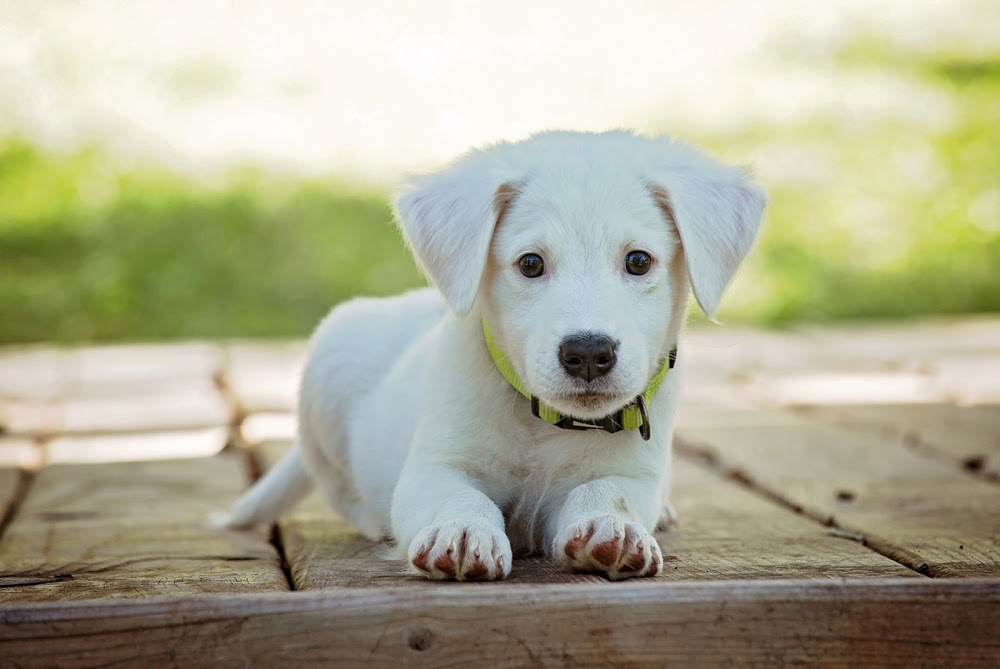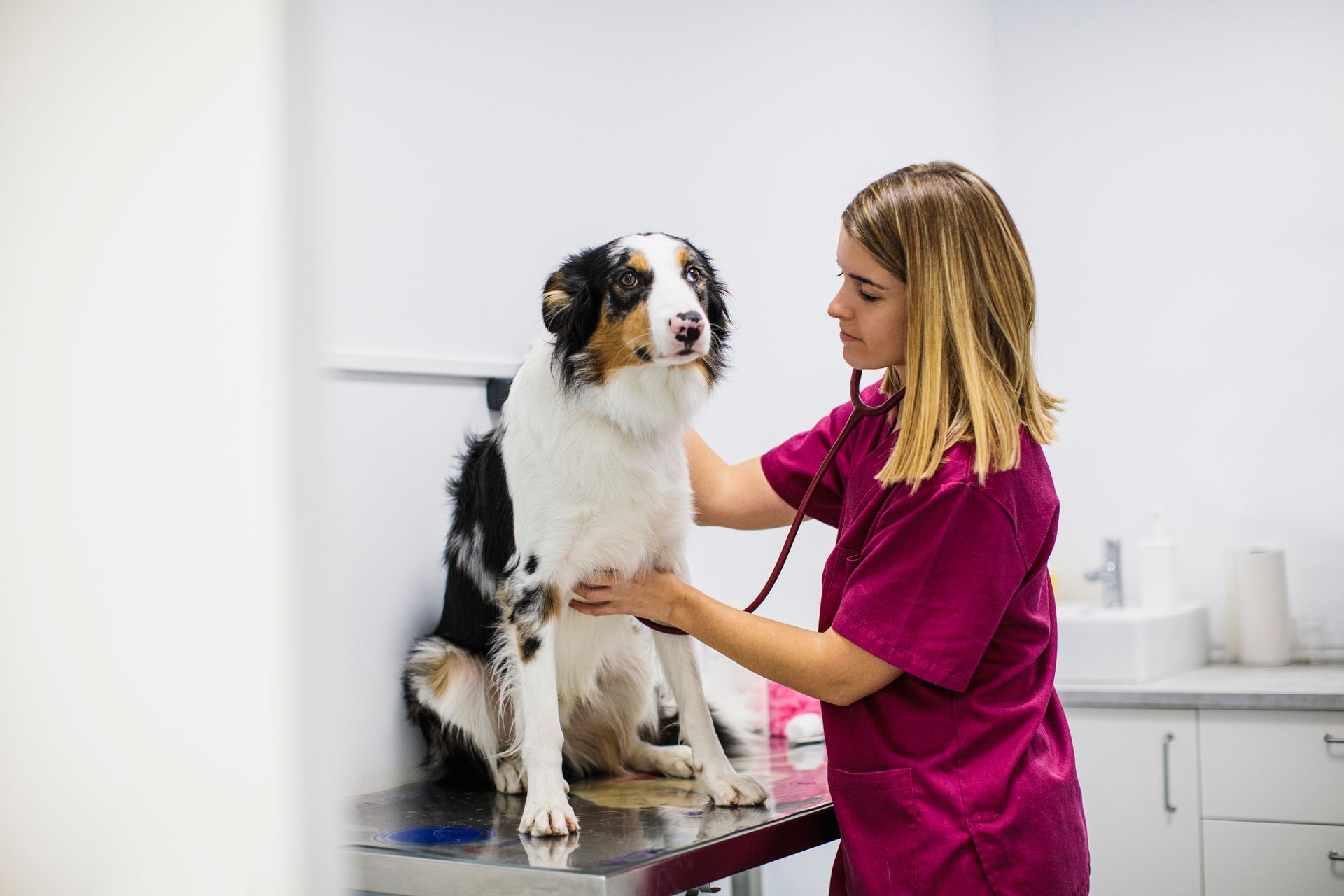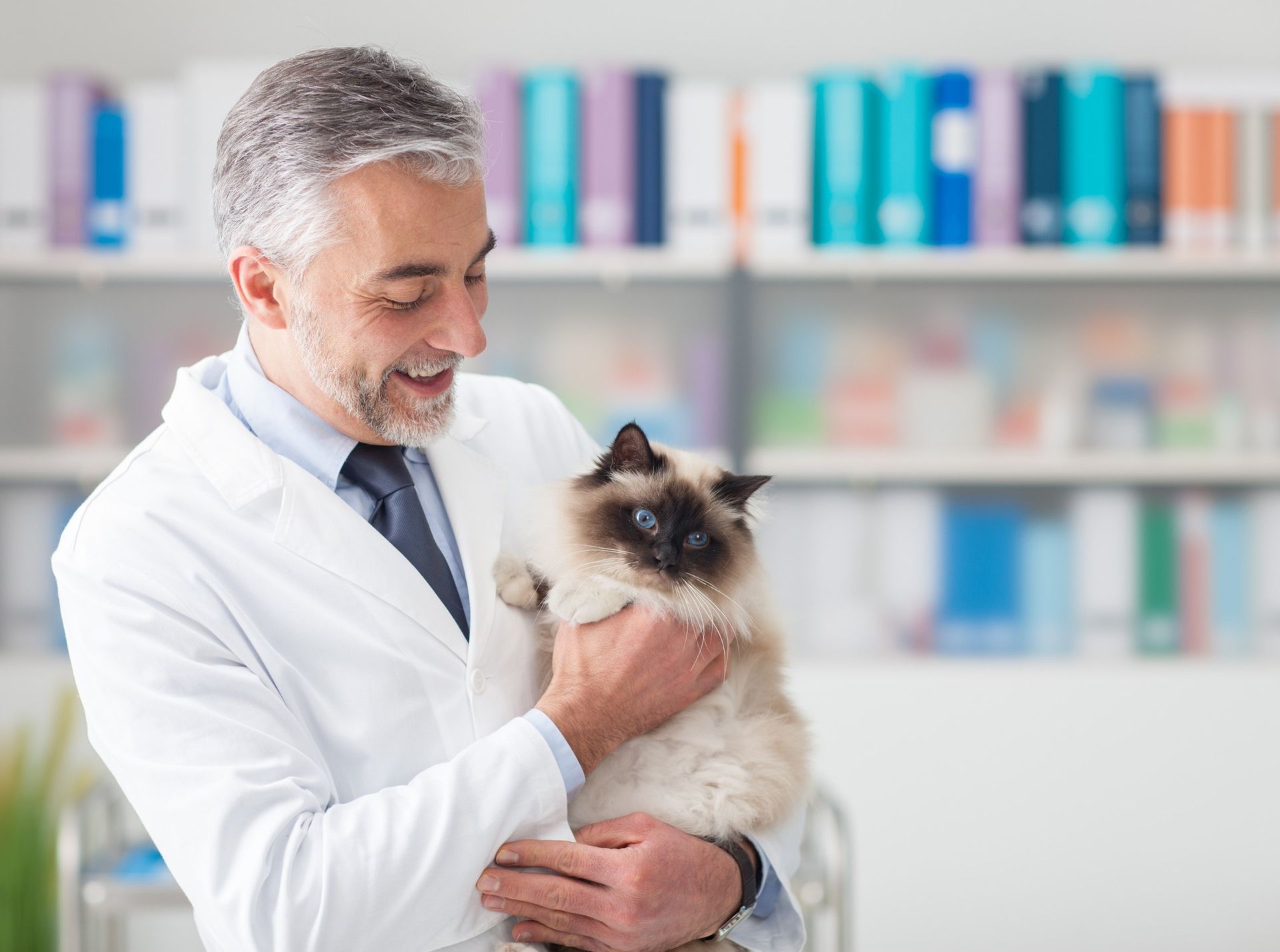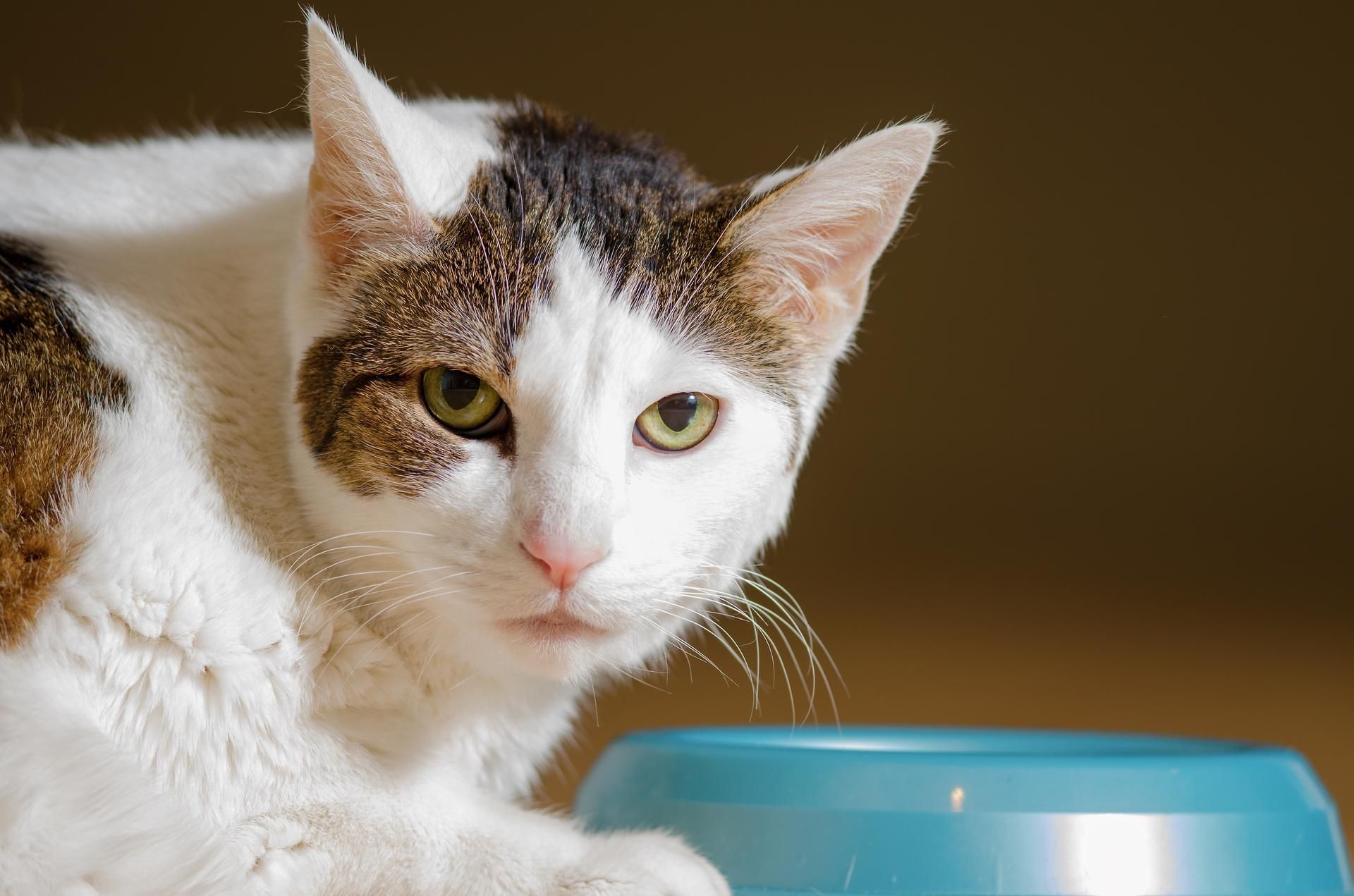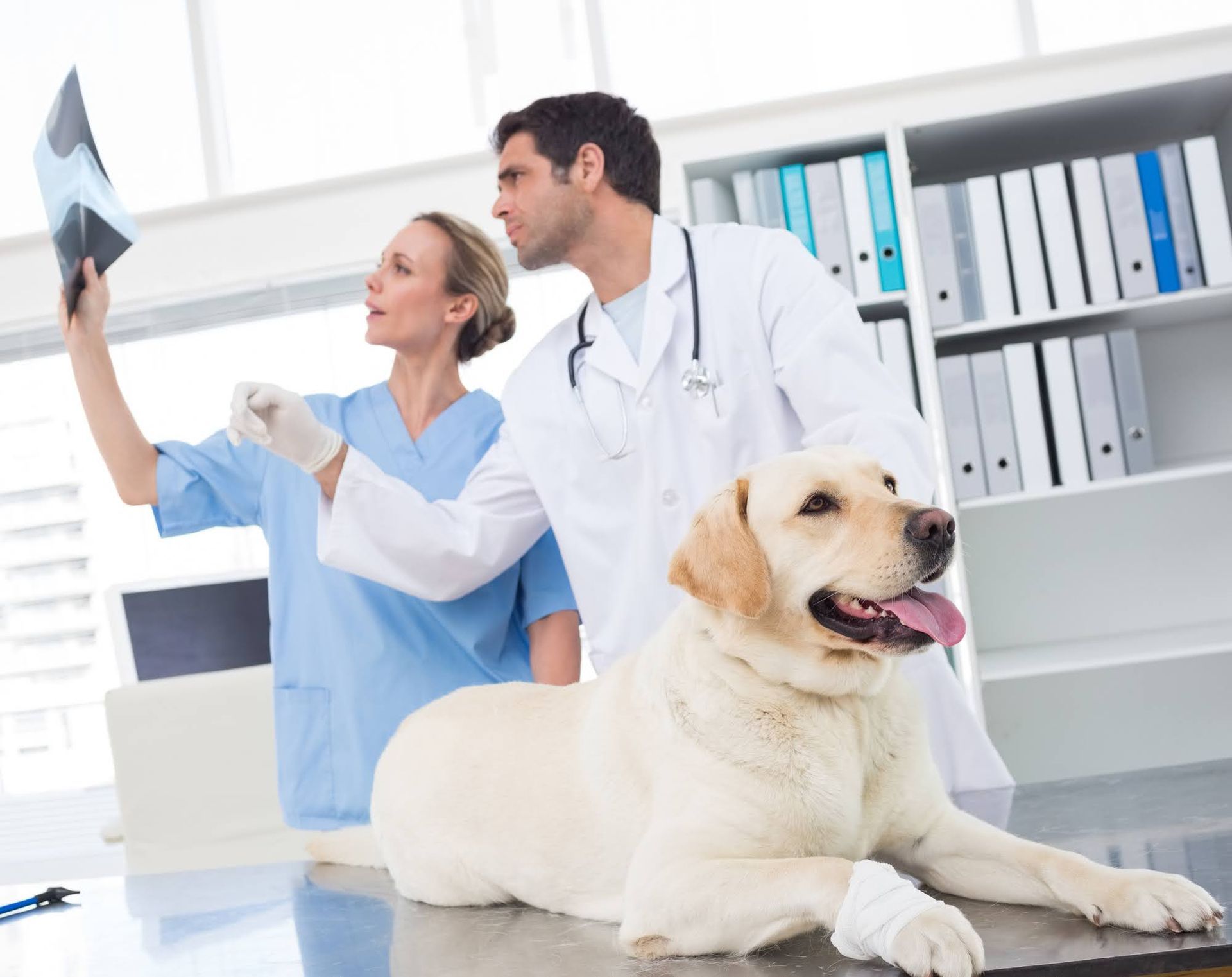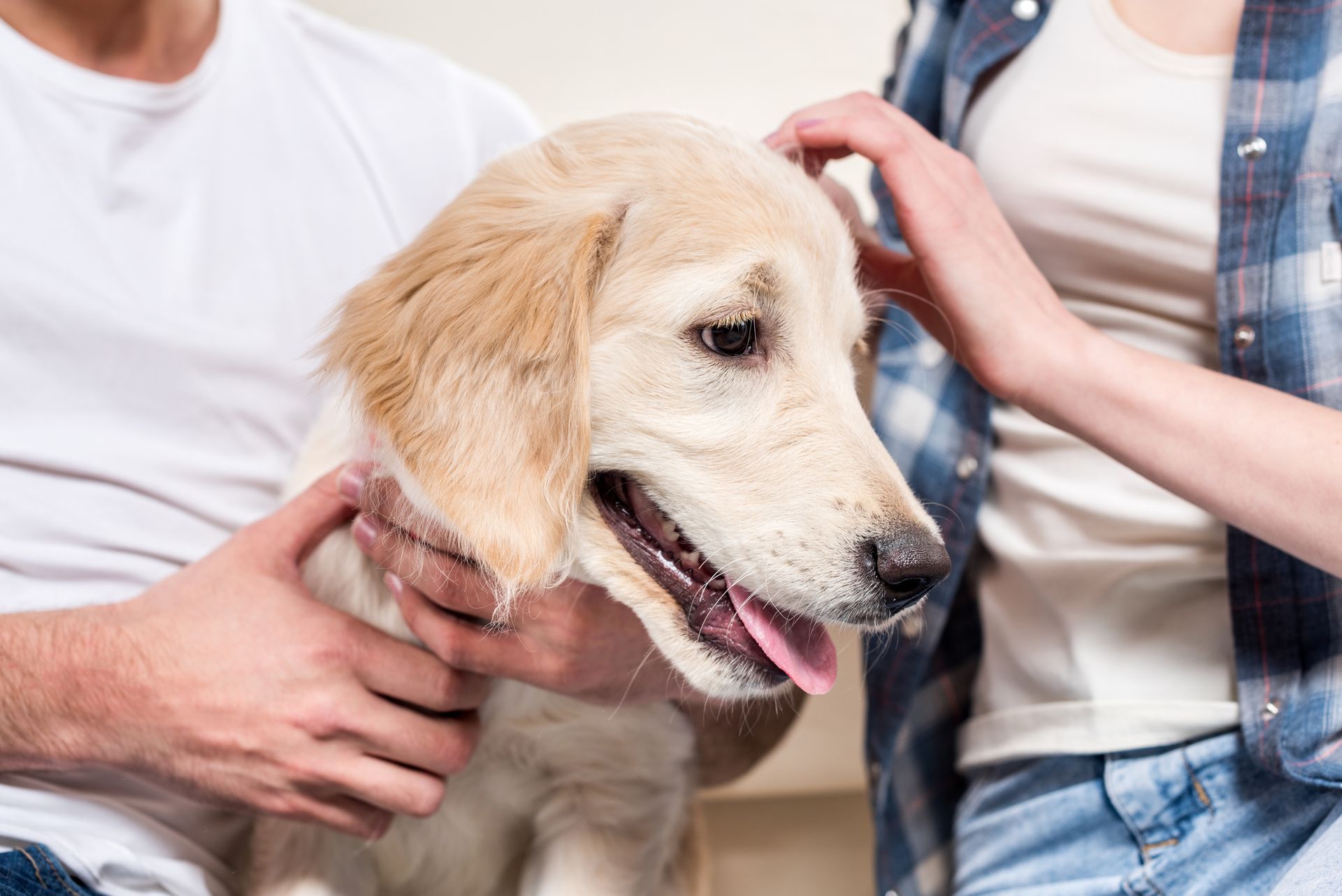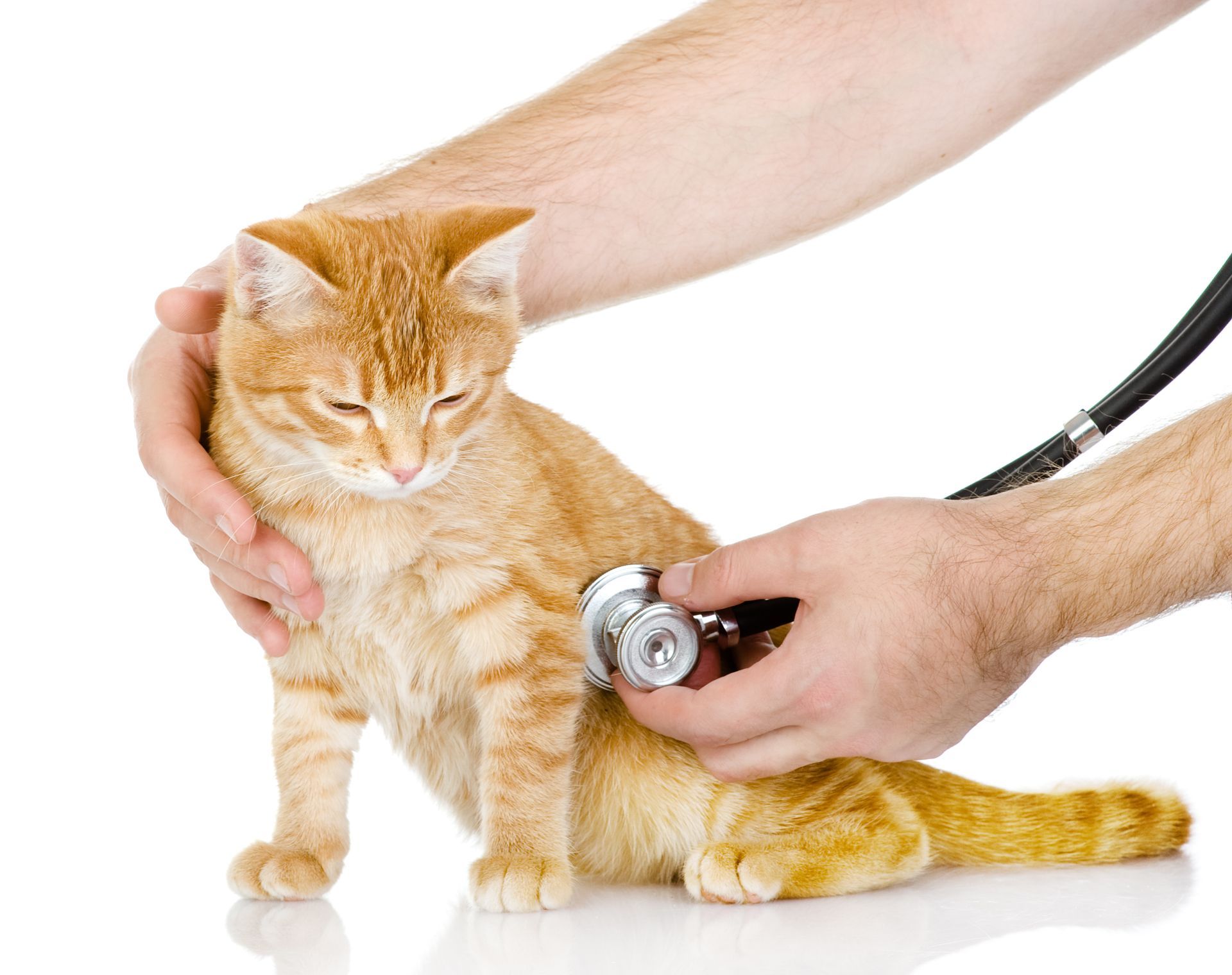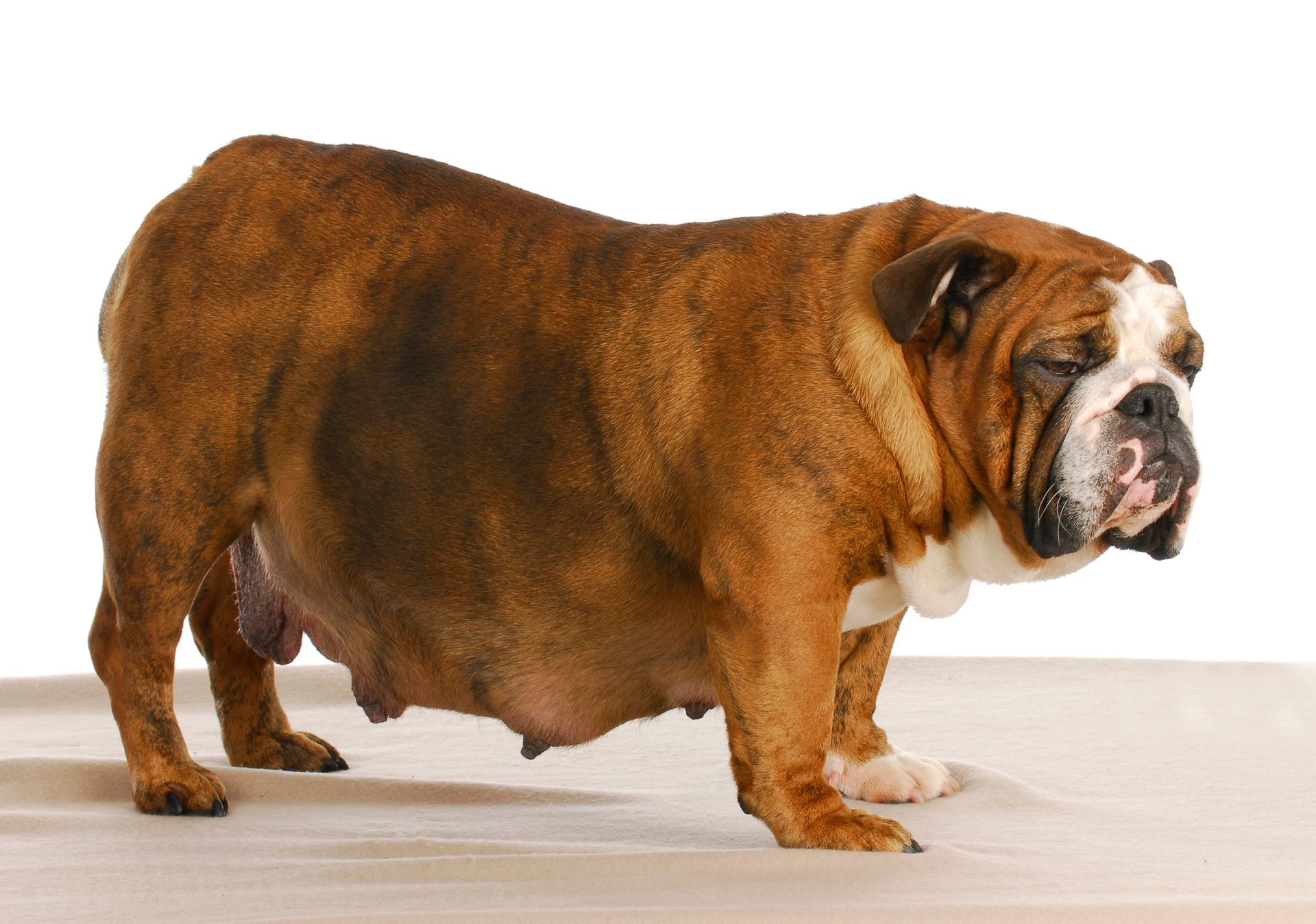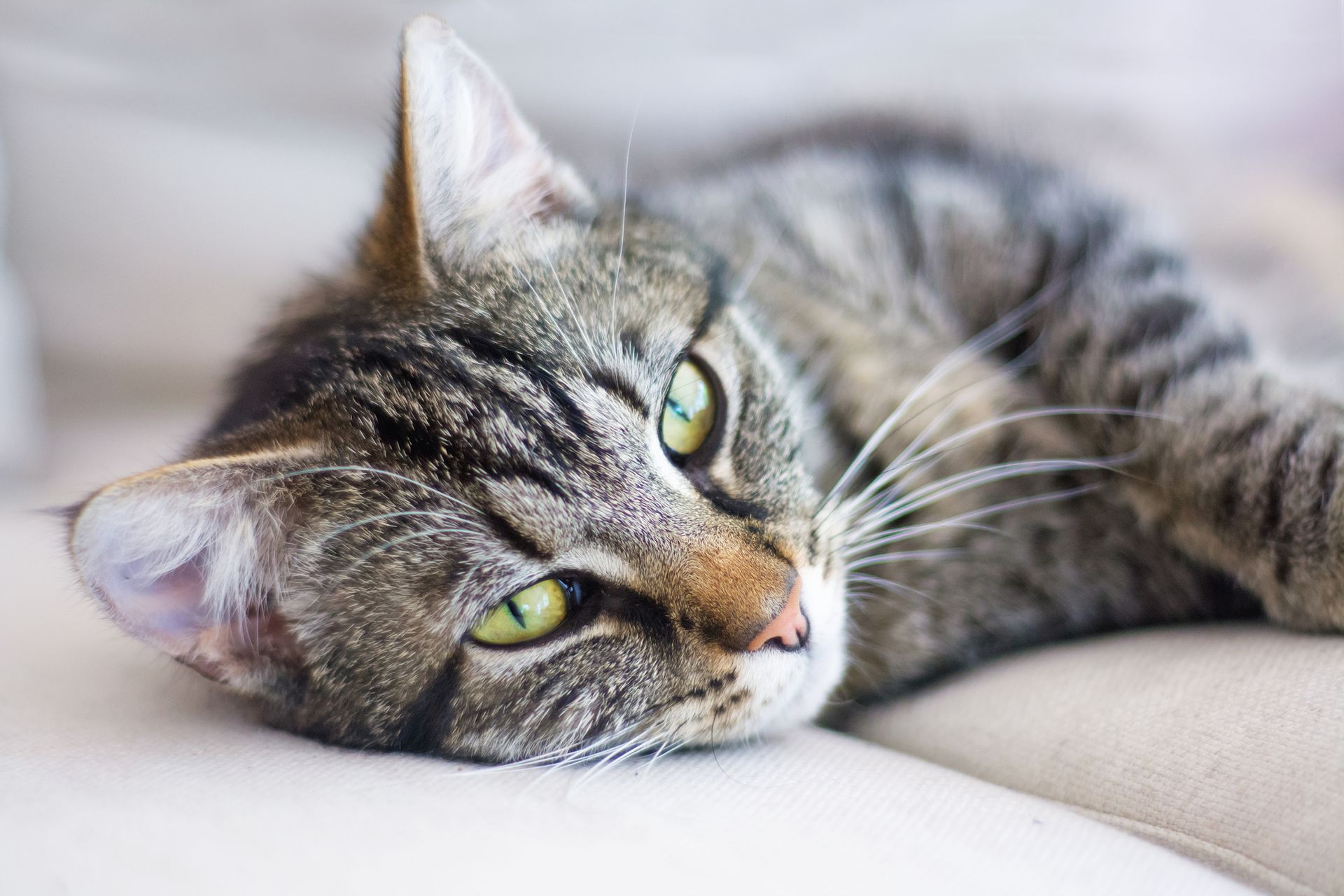Your Dog's Diet: 4 Dos and Dont's For Better Health
Your Dog's Diet | Angel Pet Hospital
Feeding your dog a nutritious diet should be a top priority for every dog owner. It's best to consult with your vet to ensure your dog's diet is complete. In addition, there are a few dos and don'ts you might want to follow when choosing what foods to offer your canine companion.
1. DO Consider Portion Sizes
Based on caloric needs and the size and weight of your pet, food portion is something to consider. If you overfeed your dog, obesity may occur, leading to a host of health issues. Conversely, if you don’t feed your dog enough, your pet may become underweight and malnourished.
The best way to determine the correct portion of dog food to offer is by consulting your veterinarian. Your vet may want to make adjustments depending upon your dog's activity levels and general health. For instance, a working dog or one that leads an active lifestyle may require larger food portions than one who lives a sedentary lifestyle.
2. DON'T Allow Your Dog Access While You're Eating
Don't allow your dog to beg for food while you're having family meals. Offer your dog a healthy and acceptable treat after you have had your meal. Doing so will prevent your pet from being offered high calorie foods that may lead to obesity.
When you and your family sit down to breakfast, lunch or dinner, place your pet out of sight in a safe spot, such as a crate or another room. If you choose to use a crate, be sure your pet is crate trained first. If you prefer, use a baby gate to keep your dog from gaining access to the dinner table.
3. DO Complement Your Dog's Diet With Healthy People Food
You can supplement your dog's daily diet with some healthy people foods and snacks. Try to get your dog to accept vegetables that are high in antioxidants. Carrots are an excellent choice, and they may be offered as a mid-day treat or chopped and mixed with the dog's food. In addition, chewing on a raw carrot is good for dental health, as it helps to remove plaque.
Offer your dog some chopped, cooked egg as a treat as well. Eggs offer protein for muscle and the biotin may also improve your pet's coat and skin.
You might also want to chop up some cooked lean chicken as an occasional treat or addition to your dog's diet. Be careful not to offer your dog chicken bones, as they can splinter and become lodged in your pet's intestinal tract.
Interested in other healthy food additions for your pet? Try an occasional offering of peanut butter, which offers the benefit of protein and vitamin E. A small offering of pumpkin now and then is another good option, as it is full of vitamins. Oatmeal may also be offered to your canine companion, but choose one with no added sugar.
4. DON'T Forget That Some Foods Are Toxic to Pets
Many foods that are considered healthy for humans may be toxic to pets. When considering a dog-friendly diet, remember to keep the following foods off-limits:
-
Chocolate and Cocoa : Chocolate contains a chemical known as theobromine. This chemical is dangerous for your pet, as it increases heart rate or may cause heart irregularities as well as digestive upset. The caffeine in chocolate may also interfere with the heart rate and central nervous system.
-
Grapes and Raisins : Although a healthy food choice for humans, grapes and raisins should never be offered to your dog. Raisins and grapes can interfere with your dog's kidney function. Even a small amount of grapes may cause serious illness in a dog or even be fatal.
-
Macadamia Nuts : Macadamia nuts may affect your dog's muscles and digestive system. In some pets, consuming macadamia nuts could be fatal, so don't take the risk.
For more advice on canine nutrition, consult your veterinarian .


